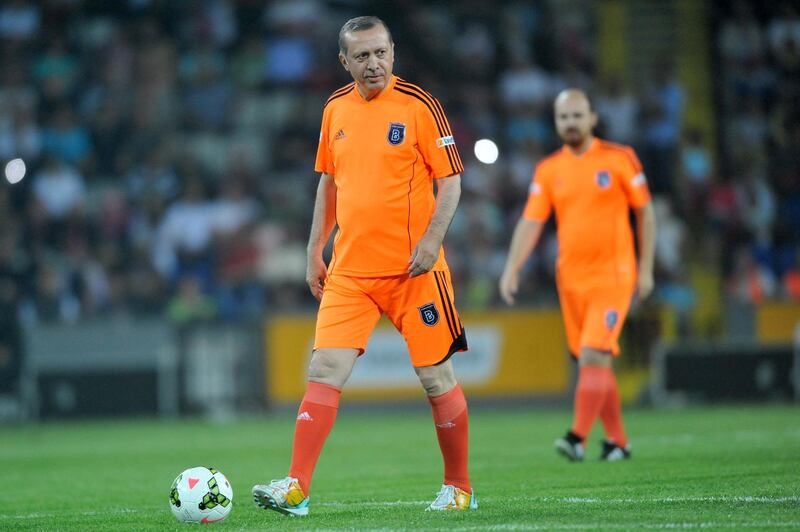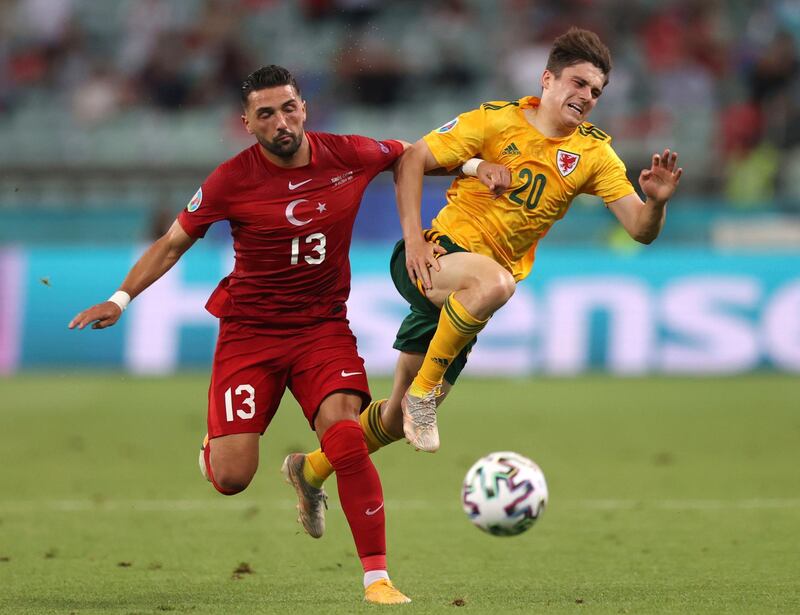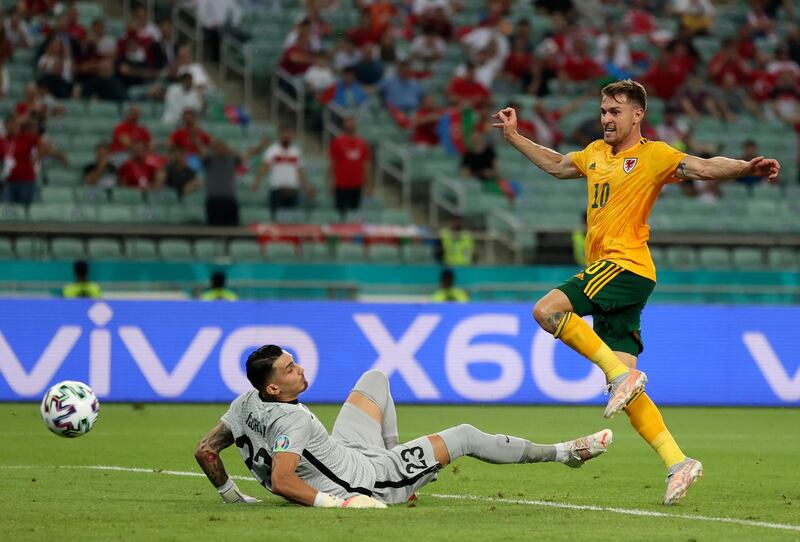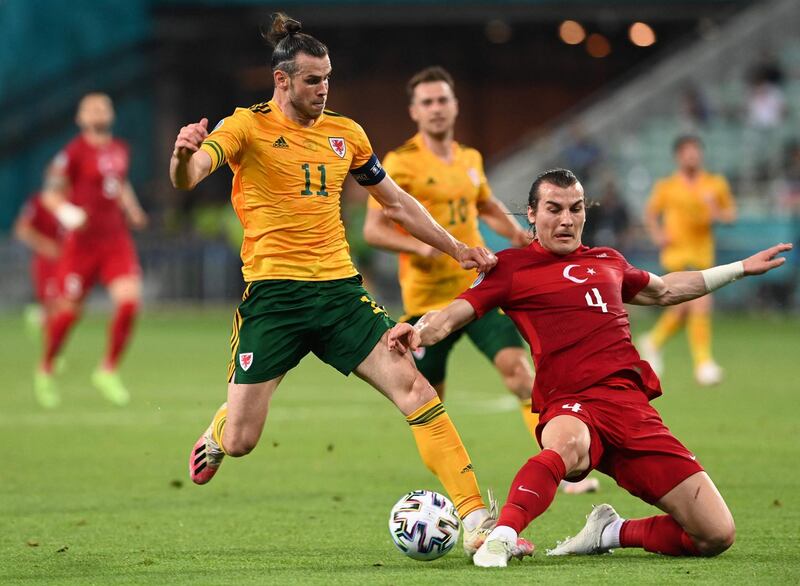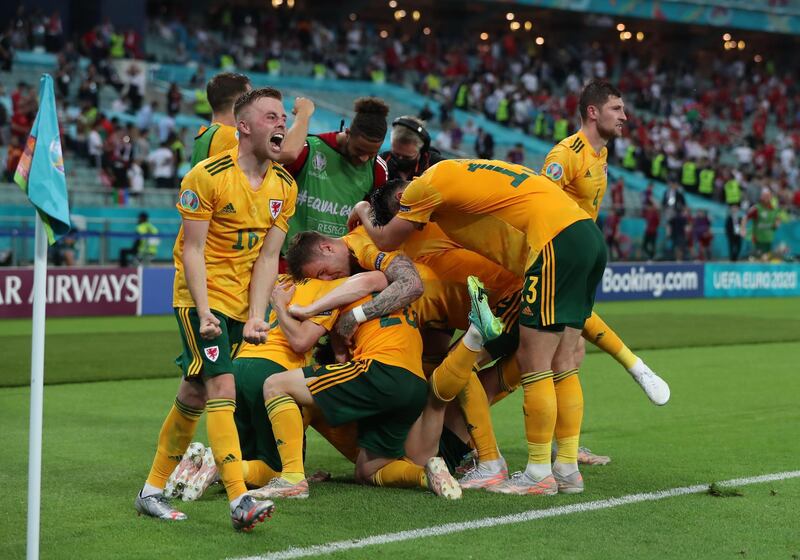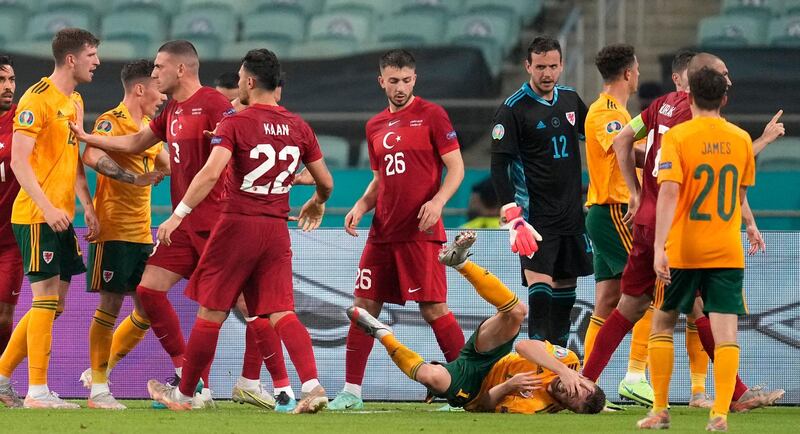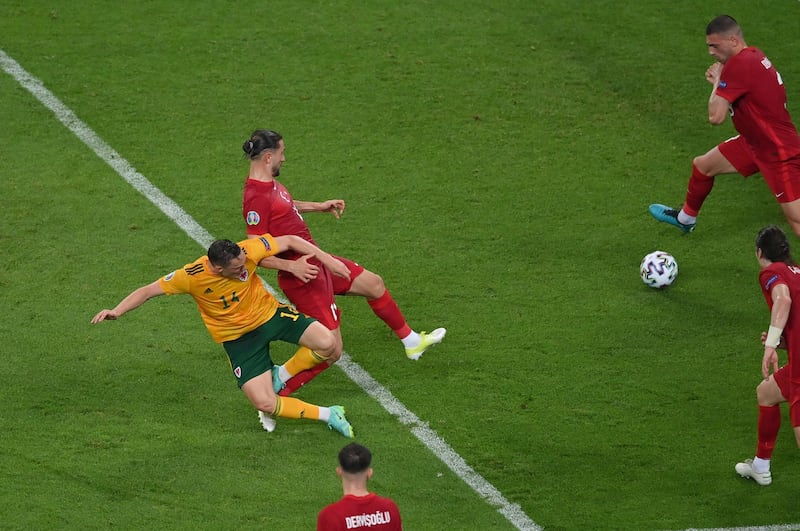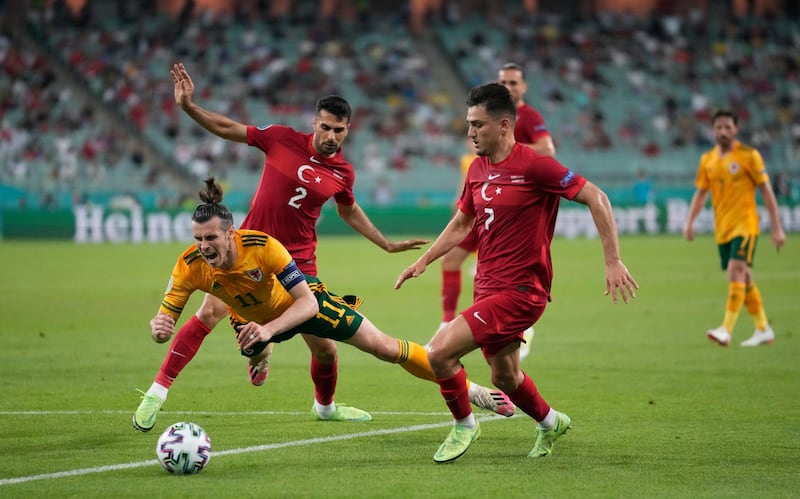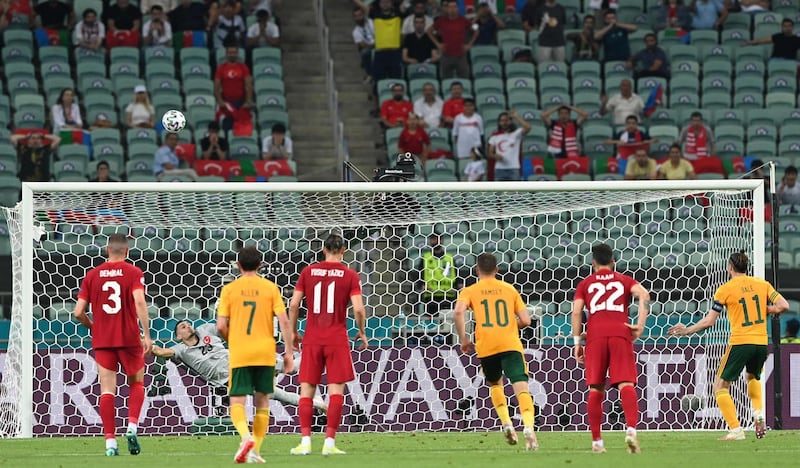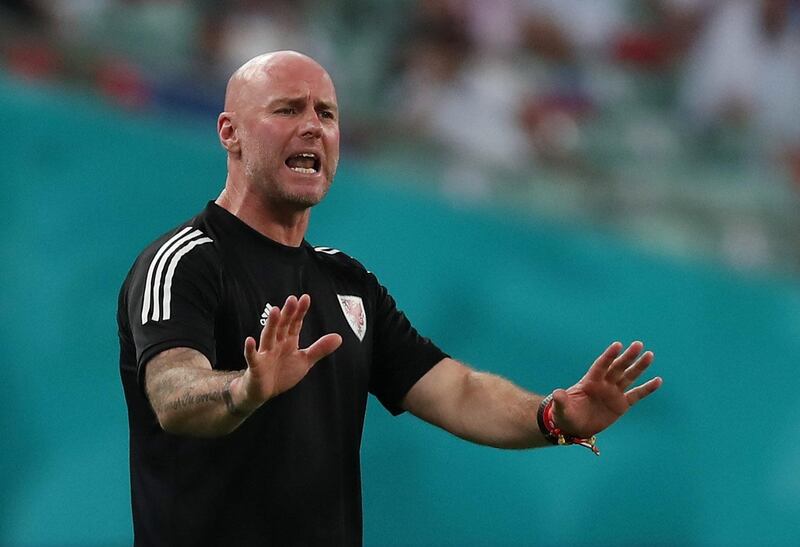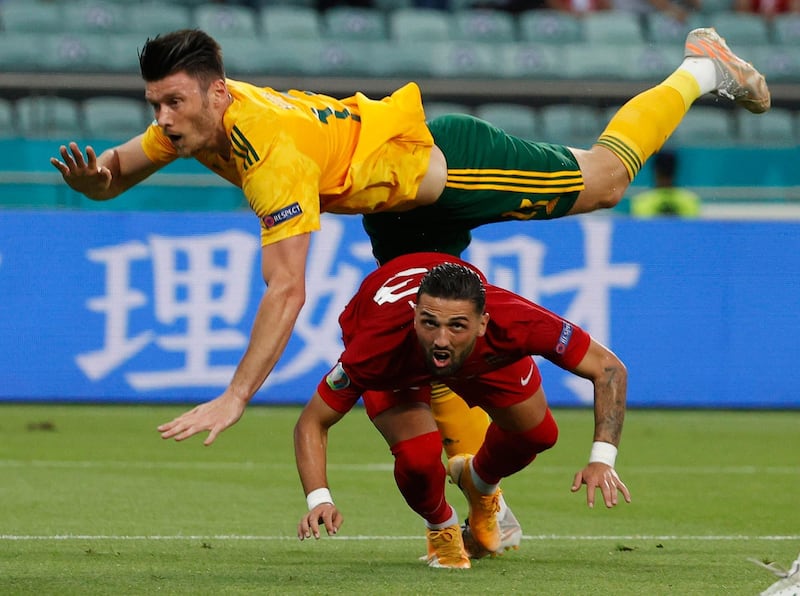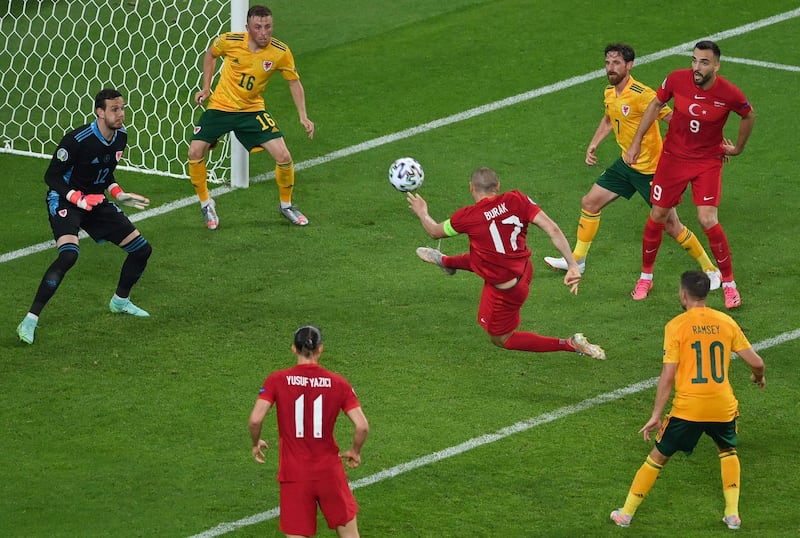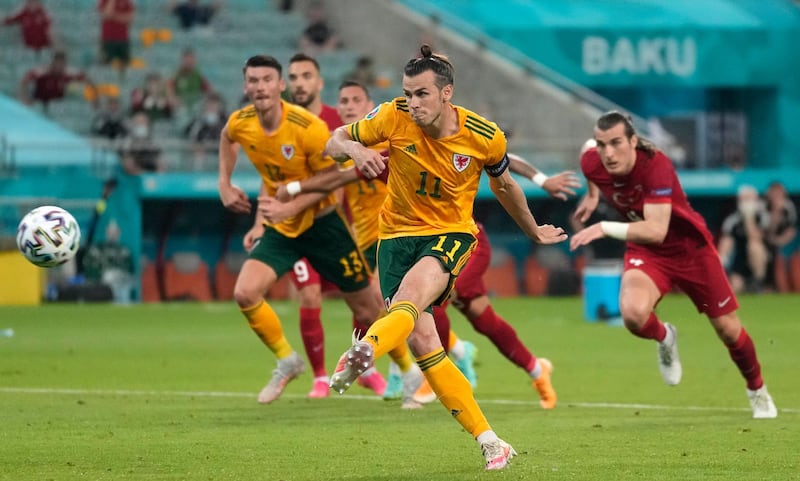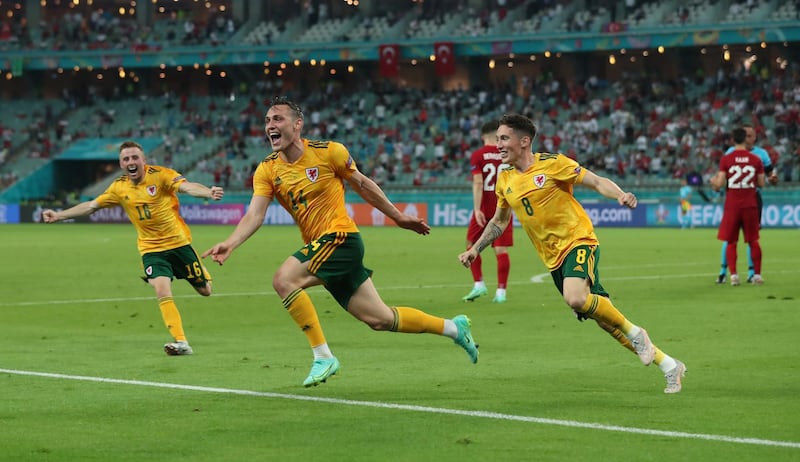Turkish fans are renowned as some of the most passionately patriotic in world football but many are turning their backs on the national team as the game becomes increasingly politicised.
Expectations for Turkey's young squad, many of whom play in Europe's top leagues, were high at the start of the European championships.
But there is unrest among fans who feel President Recep Tayyip Erdogan’s government has hijacked football in an attempt to push its conservative agenda and silence opposition from the stands.
“Whatever game you go to, there’s a huge poster of Erdogan in the stadium,” said Alper Cagri, a leader of one of Istanbul club Fenerbahce’s “ultra” groups. “Football is so politicised and manipulated nowadays, both on and off the field.”
Lapsed national supporters, who wildly celebrated the success of reaching the semi-finals of the 2002 World Cup, say government interference in football has been growing over the past decade.
“When Turkey came third in 2002 it was the most important thing in our lives, everyone planned their days around the games,” said Mr Cagri. “But now football fans, because of the political manipulation, have lost interest.”
Orcan Yigit, a supporter of Ankara’s Gencerlerbiligi, added: “I remember cheering for the 2002 World Cup and the 2008 Euros but ever since I don’t even watching the games.”
In recent years, Mr Erdogan, a former semi-professional player, has stirred controversy at home and abroad through his close ties to footballers, including Turkish-German players.
Ahead of Turkish elections three years ago, Arsenal player Mesut Ozil and Manchester City’s Ilkay Gundogan, who both played for Germany at the time, posed for photographs with Mr Erdogan.
The images led to questions about the players’ commitment to Germany, given the Turkish president’s fractious relationship with the EU and his poor human rights record. Mr Ozil later quit the German team, citing prejudice against his Turkish background.
But it is in Turkey that the government’s reach into football has been most marked.
A 2017 constitutional referendum in which Mr Erdogan changed the governmental system to concentrate power in his own hands featured leading players supporting the change in a social media campaign.
The then-national captain Arda Turan and Burak Yilmaz, who skippers the current squad, pledged to vote “for a strong Turkey”. Mr Erdogan won the Yes/No poll with just over 51 per cent of votes in a ballot marred by irregularities.
The impetus for the government to stamp its authority on football came to the fore during the 2013 Gezi protests, when football fans led violent confrontations with the police as demonstrations against Mr Erdogan spread across the country.
The following year, the Passolig identity card system was introduced in stadia, leading to a boycott by many supporters.
The Turkish Football Federation, in recent years led by businessmen with close government ties, also decided to play games away from the Istanbul grounds where anti-government chanting was all too regular.
“Everyone knows the federation is completely government-controlled. So, if you’re fed up with the government and its intervention in football, it’s off-putting,” said Daghan Irak, author of a book on Turkish fan activism.
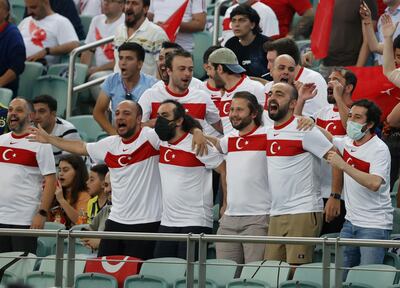
However, these matches sometimes revealed the ugly side of fans’ passion.
During a match against Iceland in October 2015, fans in Konya, a conservative heartland, jeered a minute’s silence for the victims of Turkey’s worst terror atrocity, the ISIS bomb attack in Ankara that killed more than 100 people, mostly left-wing and Kurdish demonstrators.
A month later, supporters at the stadium of Basaksehir, an Istanbul side backed by the government, similarly jeered silence for the victims of the Paris terror attacks during a friendly against Greece.
“When you look at games played in places like Konya, it’s like a political rally for the government and you can’t even get a ticket for the game if you’re not a member of the ruling party,” said Mr Yigit.
Many fans were upset at the decision to change the national team’s away kit in 2016, changing it from white and red, the colours of the Turkish flag, to turquoise, a hue favoured by Mr Erdogan as being pan-Turkic.
Defeats in the two opening Euro games – the second against Wales was watched by Mr Erdogan in Azerbaijan – leaves Turkey facing elimination from the competition.
Fans who had travelled to Baku appeared distraught but – demonstrating the polarisation that has become a characteristic of Mr Erdogan’s Turkey – others were untroubled.
Referring to those in the stadium, Mr Yigit said: “I don’t have anything in common with those people apart from the land I live in.”
